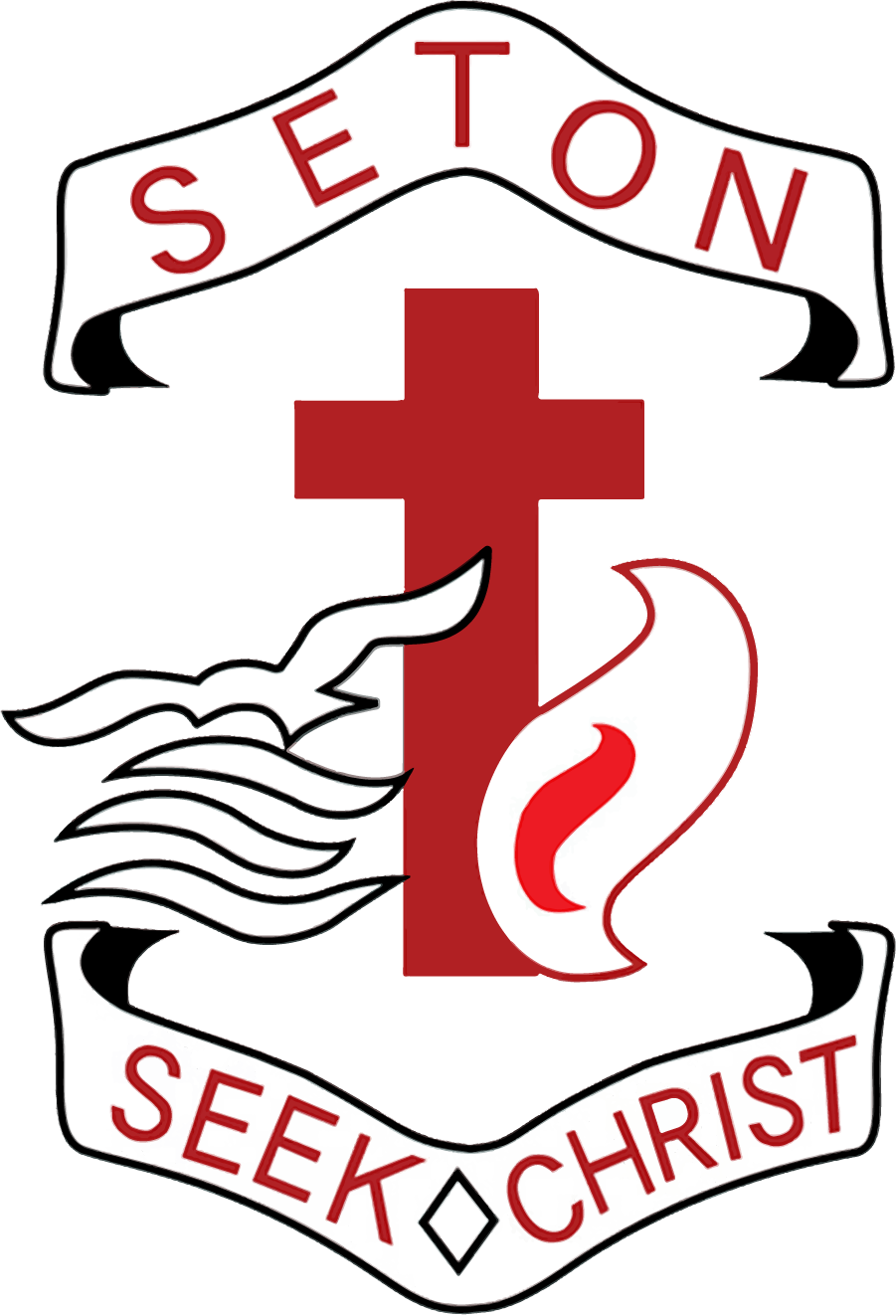To be best prepared for the challenges and opportunities in today’s world, students will need to know how to think for themselves and adapt to constantly changing situations. In a world where new challenges constantly arise, students must be taught to think critically about what they are facing. They must learn to collaborate with others from around the world to develop solutions for problems. Even more importantly, our students must learn how to ask the right questions.
Project Based Learning focuses on students’ creativity and curiosity. This elective is about empowering students to learn through :
Providing opportunities for students to adapt to constantly changing situations.
Enabling students to think critically about what they are facing and develop solutions for problems. Critical thinking is particularly important because we live in a world where information is abundant- something that is both a benefit and a detriment.
Encouraging students to not only be problem solvers but problem finders- in doing that they are asking questions and delving into the power that comes from asking questions.
Collaborating with other students (including collaborating from others around the world).
Providing students with choice, concerning both how students learn and what they learn.
Creating and constructing. Creativity is where we start to think differently. The first goal is to get students to see themselves as creators because the real learning begins when students create.
Students exploring their passions and interests and being given time and space to explore these areas deeply.
These students will also have access to the Just Start It project. Solving real world problems with technology and entrepreneurship.
Whilst we encourage all students to choose Project Based Learning there are distinct benefits for students who are looking for opportunities for academic extension, a personalised approach to learning and to build skills that can transfer to their other subjects.
Student Projects will involve one or more of the following:
1) Meet a real need in the world beyond the classroom or the products students create are used by real people.
2) Focus on a problem or an issue or topic that is relevant to students’ lives—the more directly, the better, or on a problem or issue that is actually being faced by adults in the world students will soon enter.
3) A scenario or simulation that is realistic, even if it is fictitious.

